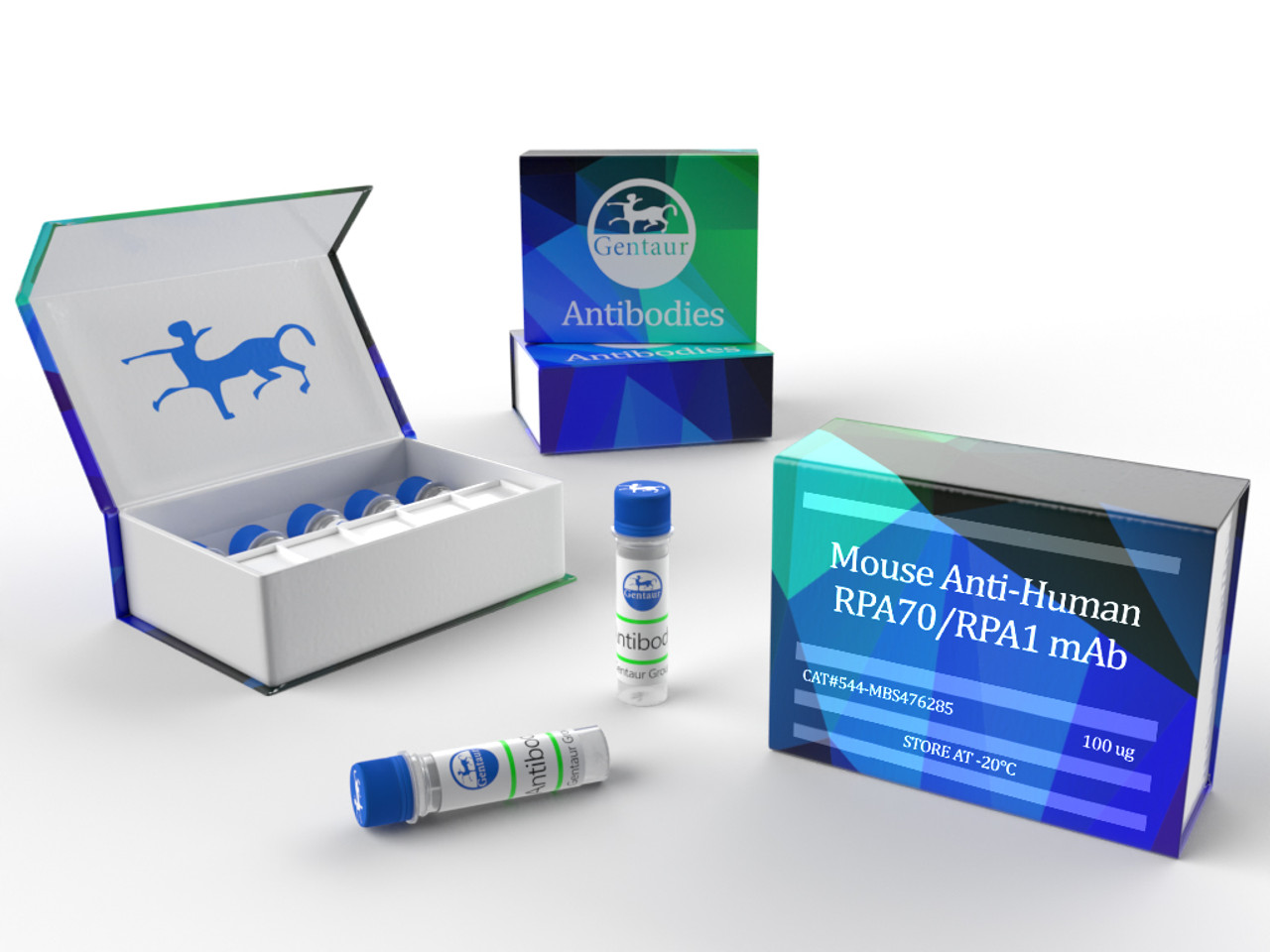Mouse Anti-Human RPA70/RPA1 mAb | Gentaur
Gentaur
MSRP:
Now:
€340.00
(You save
)
- SKU:
- 544-MBS476285-GEN
- Availability:
- IN STOCK
- Size:
- 100 µg
Size 100 µg
Recommended
-


Mouse Anti-Human IgA mAb | Gentaur
MSRP:Now: €340.00

Mouse Anti-Human Noggin mAb | Gentaur
MSRP:Now: €340.00

Mouse Anti-Human Neuroblastoma mAb | Gentaur
MSRP:Now: €340.00









